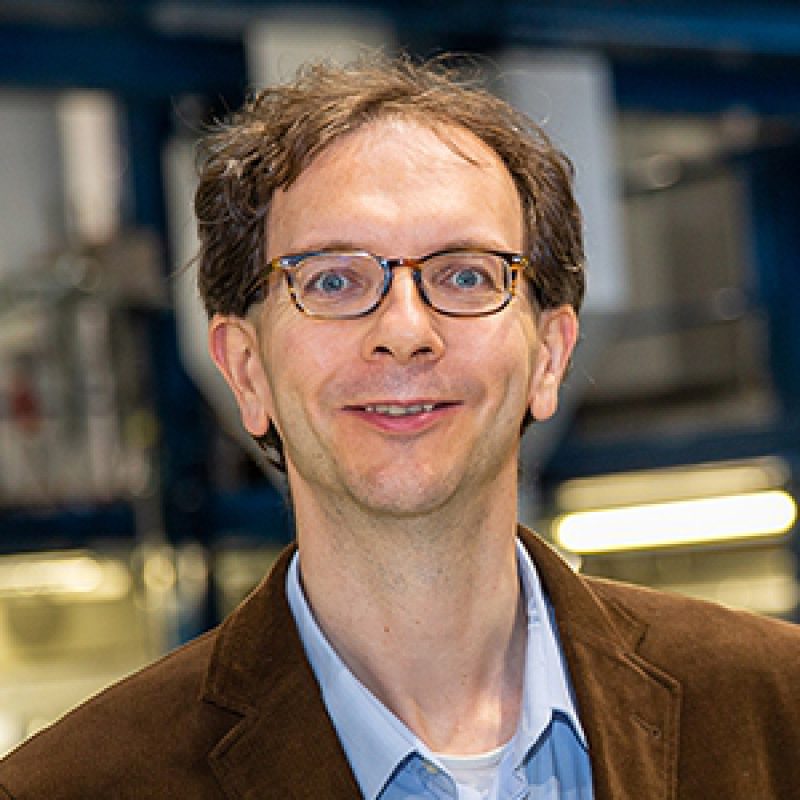The transformation of hydrocarbons by zeolite catalysts will remain a crucial technology for the coming decades while (and for) arriving at a situation in which green sources are primarily used for the production of chemicals and fuels
One of the key aspects in this project is to obtain a fundamental understanding on how the “surrounding” (or “medium”) influences the properties of small molecules, and how this understanding of confinement can be exploited to design an optimal material for a given application. A molecular understanding of adsorption, desorption, and diffusion phenomena will be useful for other research projects at ARC-CBBC, e.g. the production and separation of small molecules such as CO, CO2, ethylene, and methanol using (micro)porous materials. The proposed research falls under the themes of “functional materials & specialties” to enable lowering our ecological footprint, and the “energy carriers” research theme by reducing the energy need of catalytic processes.
Partners




